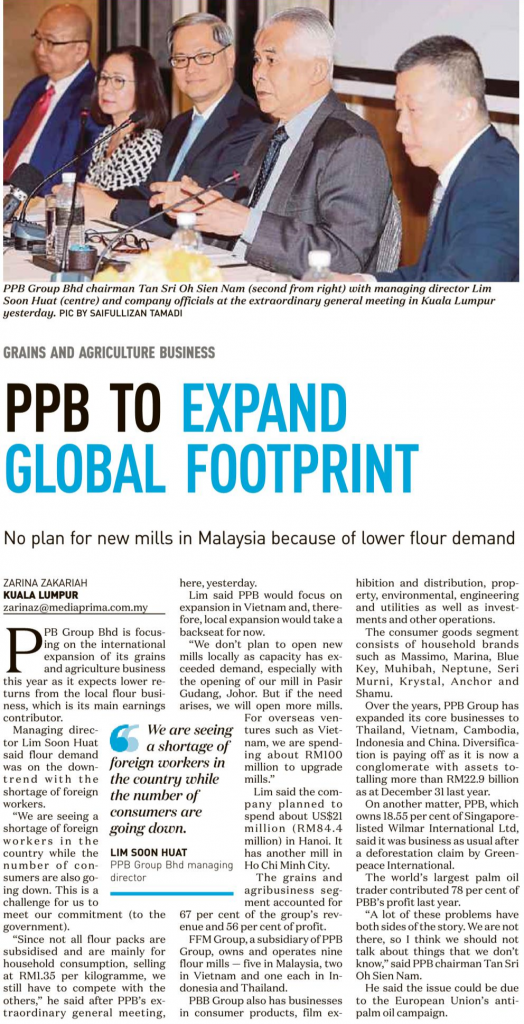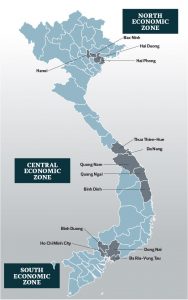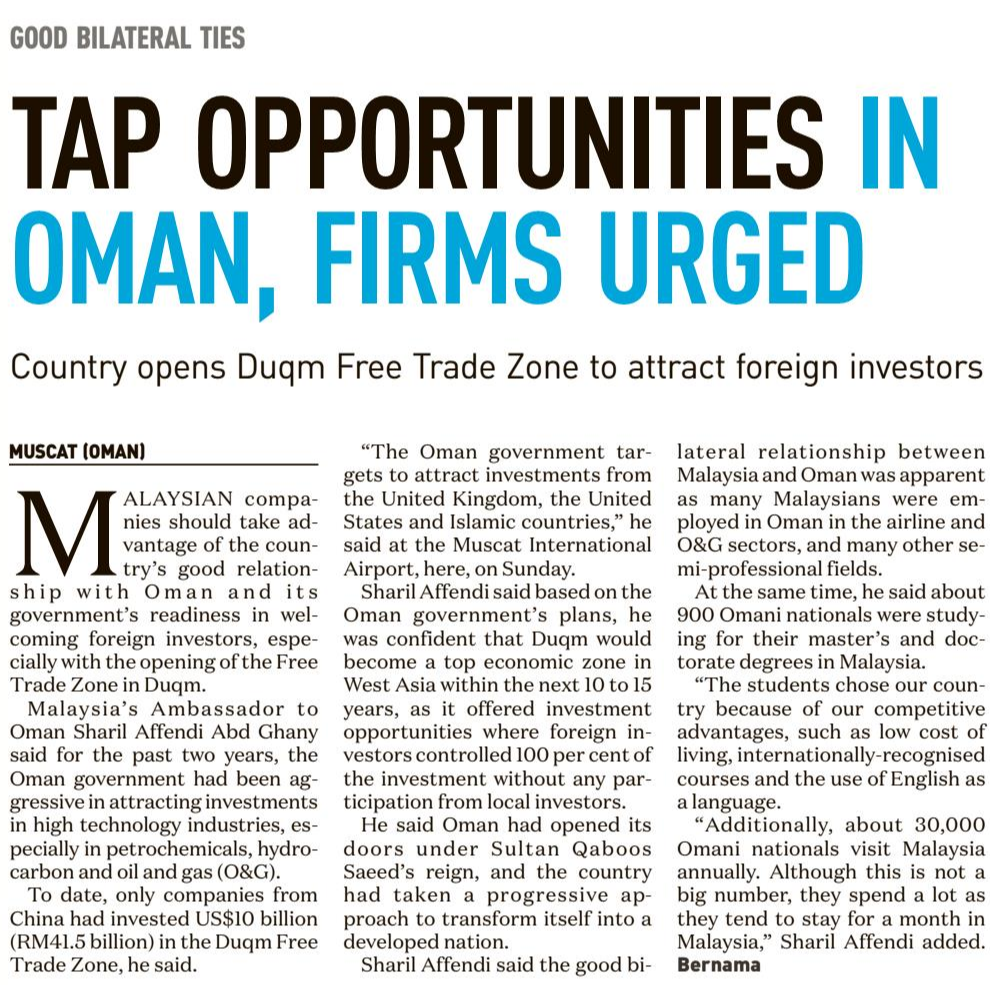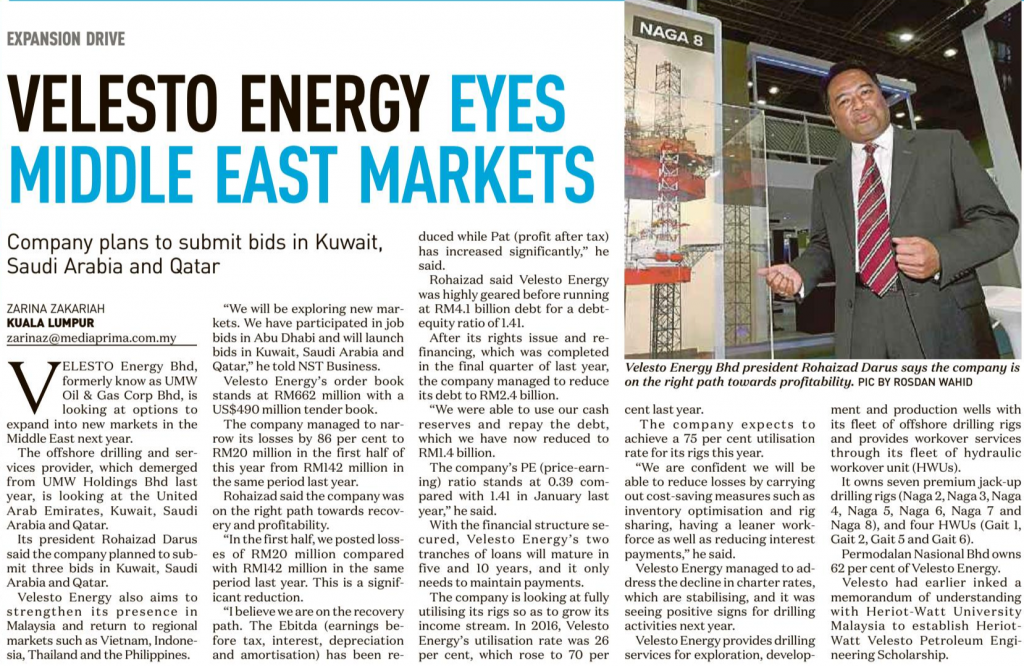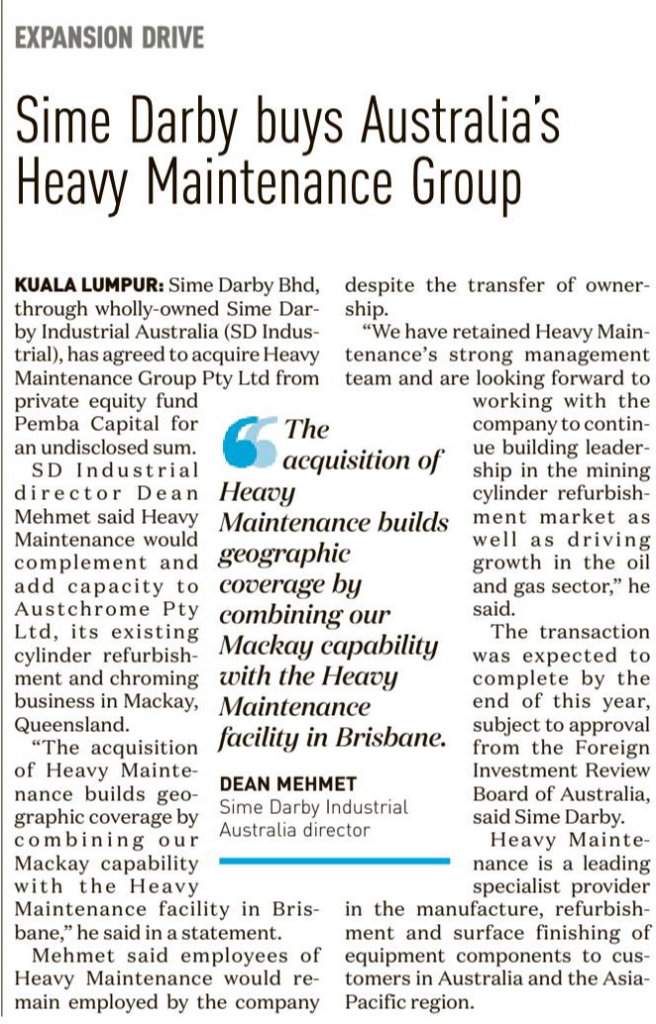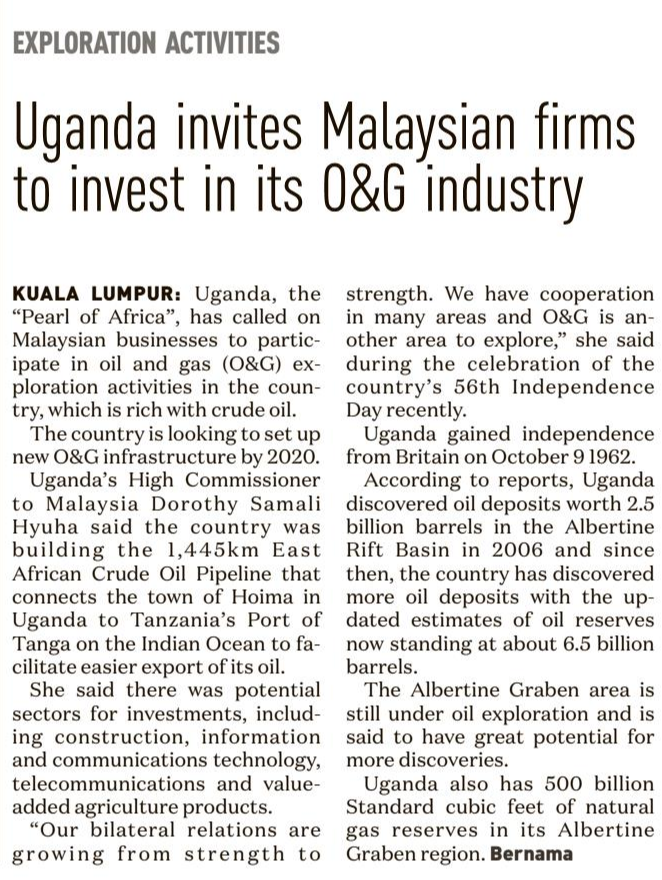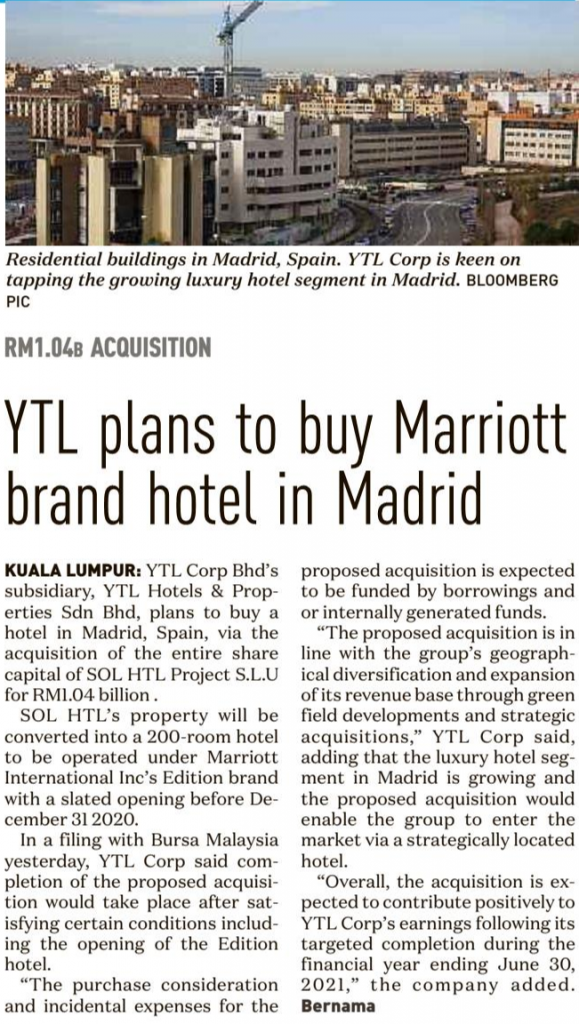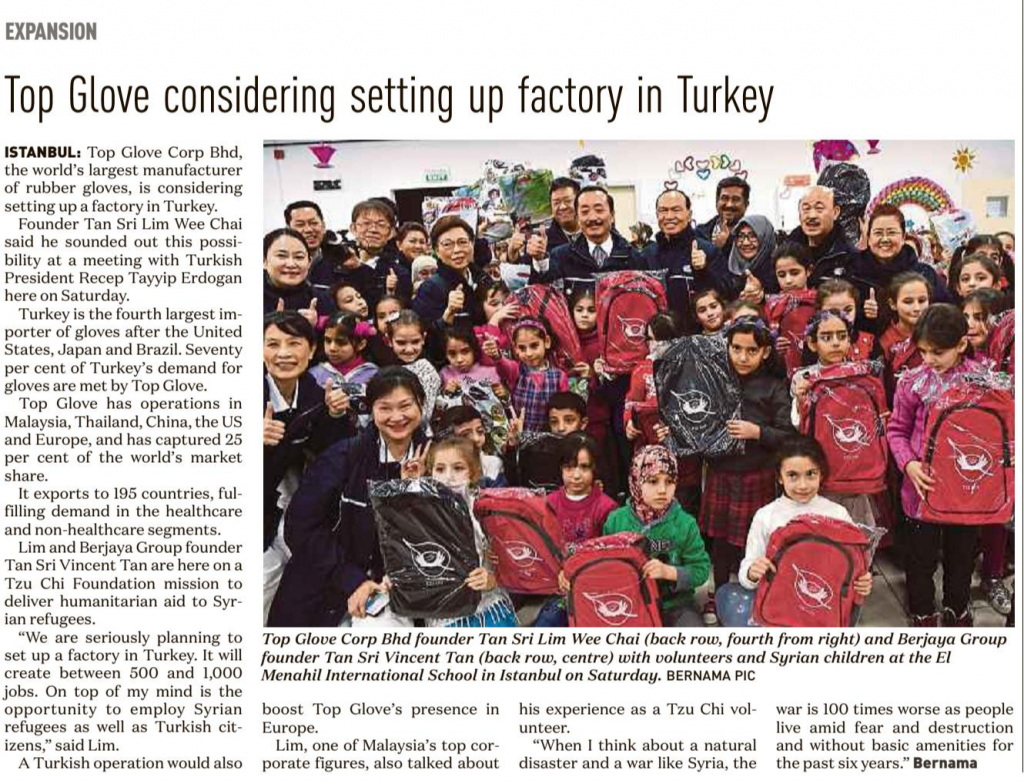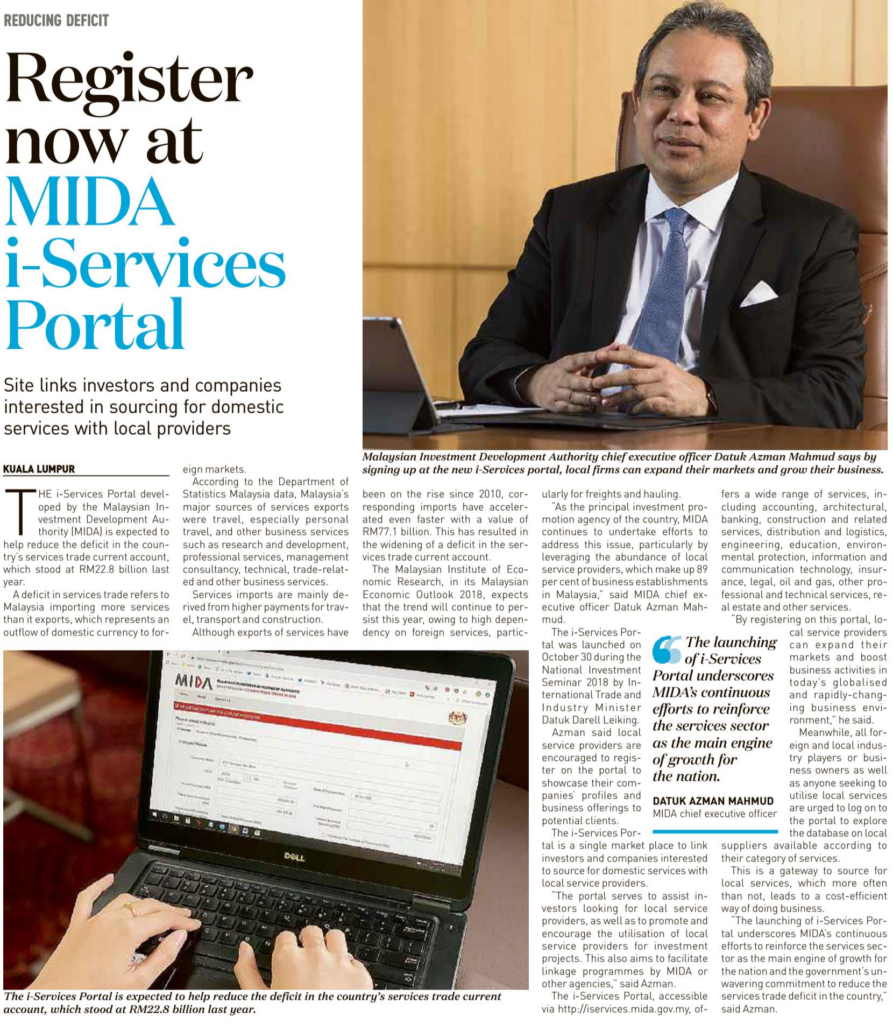Kingsley Edu Group Ltd has become the first Malaysian education service provider to be listed on the Growth Enterprise Market of the Stock Exchange of Hong Kong Ltd (HK Exchange).
Following the listing, the group, which owns the Kingsley International School (KIS) in Subang Jaya, plans to expand and set up its schools across Asia.
Kingsley EduGroup founder and chairman Tan Sri Barry Goh said there were very good prospects for international schools in the region.
“It is a huge and fast-growing market. The differentiation factor for our schools will be the leadership academy, which will be located at our new annex building,” he said in an interview,
Goh said full boarding would be offered at the new building, with extra-curricular activities to be focused on leadership.
The new building is expected to come into use by the end of the year, and comprises dormitary rooms with accomodation capacity for 667 students.
The stock rallied upon its debut on the market, opening HK$0.07 higher from the final offer price of HK$0.40. It closed at HK$0.485 with 502.2 million shares traded.
The number of shares offered was 200,000,000, with 60,000,000 Hong Kong public offer shares and 140,000,000 international placing shares.
The group said earlier that the final offer price for the global offering had been determined at HK$0.40 per offer share, with the net proceeds estimated to be about HK$53.3mil.
The offer shares initially offered under the Hong Kong public offer had been over-subscribed by over 35 times.
Goh said it planned to use most of the proceeds, or about HK$25.5mil, to renovate the new KIS Annex Building, while HK$20.3mil would be used for settlement of fees for the construction of the building, which mainly consists of dormitories and other facilities such as a swimming pool, gymnasium and cafeteria.
A total of HK$7.5mil will be used for the purchase of facilities for the KIS Annex Building. The group expects the new facilities to enhance its competitiveness to attract prospective students.
KIS’ enrolment has grown rapidly at a compounded annual growth rate of 19.4% from June 30, 2013 to June 30, 2017.
As at April 20, 2018, the school had 987 students enrolled. Its revenue increased by 58.3% year-on-year to RM29.8mil for the year ended June 30, 2017.
Source: The Star
Kingsley plans Asian expansion after HK debut
Content Type:
Duration:


